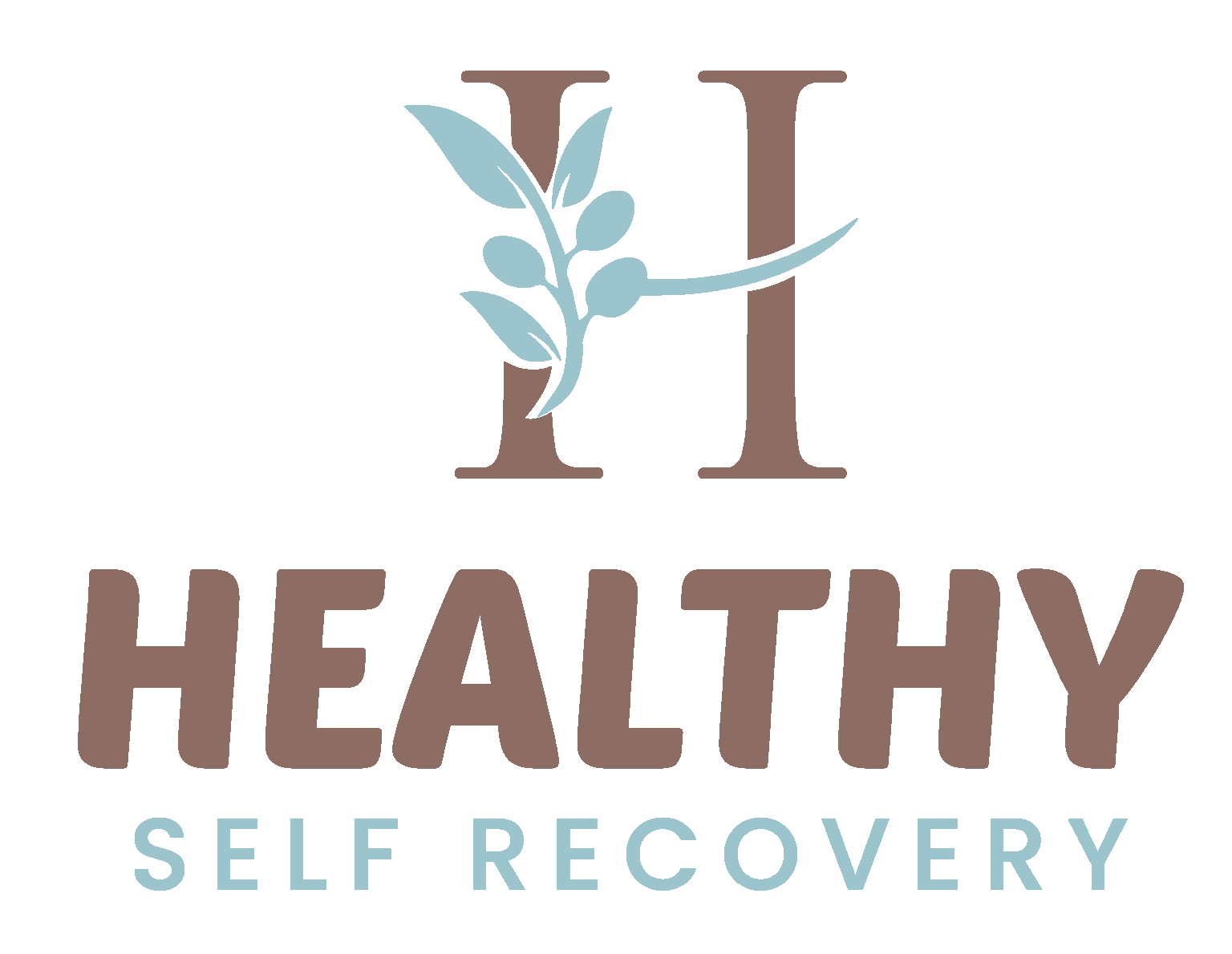How do you know if someone you care about is engaging in eating disorder behaviours?
Everyone is unique, and eating disorders don’t follow a single path. However, there are signs to watch for. If you notice that someone has an overwhelming and excessive focus on food, weight, and exercise, it could be a red flag. This focus can start affecting the way they eat. Whether in a restrictive, punitive manner, or in a chaotic way—it’s likely a sign that something is wrong.
Eating disorders are incredibly isolating. The person suffering is likely to feel intense shame with regard to their behaviours. Therefore, it is unlikely that the sufferer will come to you asking for help but having their behaviours noticed and talked about could be the first step they take on their recovery journey before finding extra support with eating disorder recovery coaching.
Having been on the other side of this I fully understand how difficult it can be to broach the subject of a possible eating disorder and it is highly likely that there will be a lot of denials, defensive behaviour, and push back. But it if you have a feeling that someone you care about is suffering from an eating disorder or that something just doesn’t seem right then I would encourage you to follow up on that hunch and have a conversation.

Early Warning Signs of an Eating Disorder
The following below outlines some of the changes that may occur with the onset of an eating disorder.
An obvious sign of disordered eating or an eating disorder is a change in weight. While weight is definitely not the only sign that someone is suffering from an eating disorder a significant change in weight is definitely a red flag. Another obvious physical sign is a fixation with body size. This often comes with lots of body checking in the mirror. Or comparing themselves to others and making negative comments about their body shape.
Other physical signs of an eating disorder that may become apparent are being cold all the time, and being tired all the time. You may notice that they seem to be having lots of digestive issues. Such as stomach aches and constipation without any specific reason. Maybe they seem to be having frequent dizzy spells when they stand up. Or have also mentioned that their periods are infrequent or stopped.
Psychological and Emotional Signs
Eating disorders quickly affect people’s mood and self-worth. The cheerful person you once knew now seems to be permanently down, in a low mood, and lacking in confidence. At the same time, they seem to experience noticeable mood swings and outbursts of anger particularly lashing out at those closest to them.
Eating disorders are very isolating. You may notice that your loved one has started to withdraw from friends, family, and activities that they previously enjoyed. You feel like they have become more secretive.
Eating Habits
You notice that the person you care about seems to be very preoccupied with calories, dieting and food in general. Such as and there are lots of conversations about fat or carb content, food ingredients, etc. Addiitonally you may be aware that in conversation, food is being labelled as good or bad, healthy, unhealthy, or clean, and that they now avoid food that they previously used to enjoy. Maybe they have even cut out whole food groups. Such as carbs or fats are cut out or they may have recently decided to adopt a vegetarian or vegan diet.
In other cases, you notice that someone no longer seems to have set meals. But rather seems to be eating continuously throughout the day or you suspect that they are eating secretly.
Cooking and Meals
You notice that there are a lot of excuses to avoid mealtimes, eating with other people, or situations that revolve around food. Maybe they start to skip meals or tell you that they are going on a fast. The suggestion of going out for a meal seems to create a lot of stress. Particularly around what they are going to eat.
Change in eating habits: smaller portions are being taken and they are eating more slowly, cutting up food into very small pieces, rearranging food on plates, only eating off certain plates or with certain cutlery. If this is a family situation where they are being encouraged to eat, meal times can become very stressful for the person and more often than not a bit of a battleground.
Cooking: You notice that they want to cook their own meals or eat different food from others. Notably if food is being cooked for them an unusual preoccupation with ingredients and quantities in food. Cooking food for others but refusing to eat

Exercise
You become aware exercise seems to be taking a disproportionate place in someone’s life:
An onerous and rigid exercise schedule becomes their priority and has to be kept even if they are tired, sick, or injured. They exercise irrespective of the weather and situation and even if they have been medically advised against doing so. If they are unable to exercise this triggers intense agitation and guilt.
Additionally, exercise may also be increased but more secretly so there you notice that there is an increase in ever longer walks or you suspect they may be exercising in their room.
How Eating Disorder Recovery Coaching Can Help
If you’ve recognized the signs of an eating disorder in someone you care about, it’s important to understand that recovery is possible, though the journey can be challenging. Eating disorders can be deeply isolating, and approaching the topic may require patience and compassion. At Healthy Self Recovery, eating disorder recovery coaching offers a supportive, non-judgmental space for individuals to explore their relationship with food, body image, and self-worth.
Recovery coaching provides personalized guidance, helping individuals develop healthier coping strategies and regain control over their lives. If you suspect someone is struggling with an eating disorder, addressing the issue early and connecting them with professional support with an eating disorder recovery coach can make a significant difference in their recovery journey. Healthy Self Recovery is here to help guide individuals and their loved ones through this process with understanding and expertise.

Start Your Recovery With Eating Disorder Recovery Coaching in England, Scotland, or Ireland
If you’re struggling with an eating disorder, eating disorder recovery coaching can provide the support and tools you need to begin healing. Healthy Self Recovery offers personalized coaching designed to help you navigate the challenges of disordered eating and rebuild a healthy relationship with food. Start your journey toward recovery with expert guidance tailored to your unique needs and challenges. Here are three simple steps to get started:
- Contact me to schedule a free discovery call to see if Eating Disorder Recovery Coaching is right for you.
- Begin meeting with me, Marianna Miles, a skilled British eating disorder recovery coach
- Start your journey to recovery!
Other Services Offered at Healthy Self Recovery
As a British eating disorder recovery coach, my goal is to support you through your healing journey and help you create lasting change. This is why I offer personalized eating disorder recovery coaching that addresses the thoughts, emotions, behaviors, and anxieties associated with your eating disorder. Along with text support for those moments when you need additional encouragement or face difficulties. I also provide meal support sessions in a safe space where you can challenge food rules and practice healthier coping techniques. We will collaborate with your medical team to incorporate your treatment goals into our sessions.. Together, we’ll develop a recovery plan tailored to your needs. Empowering you to move forward into a life of healing and fulfillment. I offer services throughout the UK, including England, Scotland, and Ireland, to provide the support you need wherever you are.








